- Molecule: trans resveratrol
- Known as: molecular calorie restriction mimic
- Gene activation: favorably switches hundreds/thousands of genes. Notably activates Sirtuin 1 DNA repair “survival” gene, which is activated by calorie restriction.
- Molecular weight: 228 (small molecule, able to enter nucleus of living cells)
- Oral absorption: ~70%
- Half-life: ~14 minutes (time it takes for 50% to be degraded)
- Liver metabolism: delayed if accompanied by quercetin; quercetin permits more passes through the liver before it is metabolized.
- Bioavailability: Once metabolized in the liver (attached to sulfur or glucuronate molecules) it is not bioavailable. However liver glucuronidation extends the life of trans resveratrol up to 9 hours in the blood circulation.
- Delivery to tissues: At sites of inflammation, infection and malignancy an enzyme called glucuronidase releases resveratrol from glucuronate. This is nature’s drug delivery system. Resveratrol IS bioavailable.
- Typical range in wine: trans resveratrol is 1000-fold more concentrated in red wine than in grape juice because of fermentation. Only a few micrograms are found in grapes, but 1 milligram in a glass of aged dark red wine. Mulberries, peanuts, grapes provide a few micrograms. Heat pasteurization destroys resveratrol in grape juice.
- Molecular stability: resveratrol subject to change from trans to cis resveratrol by exposure to light (called photoisomerization). The cis resveratrol form of the molecule does not activate the Sirtuin 1 gene. Needs to be protected from light, heat, oxygen during manufacture and subsequently in oral capsules.
- Safety: Approved by EPA as non-toxic. Passed the safety-arm of three human clinical trials. Has been shown to be non-toxic in animal test (21,000 mg human equivalent). Reviewed for toxicity by the National Institute of Environmental Health Sciences.
- Potential side effects: Resveratrol should not be taken at the same time as other medications. Resveratrol interferes with medicines in a similar fashion to drinking grapefruit juice prior to taking medicines. Resveratrol should not be taken by pregnant moms or growing children. Mega-dosing (>500mg) can have potential side effects.
- Human dosage: According to a recent study involving mice, published in Nature Magazine, a very high dose of research-grade resveratrol (sealed in airtight vial) was employed, equivalent to 1575 milligrams in a 160-pound human. The Nature study reported that research-grade resveratrol resulted in the animals living 31% longer and they retained good motor function (balance and coordination) despite eating a high-fat diet. Now a new study published by LifeGen shows a much smaller dose (360mg) needed and mega-doses (>500mg) may produce side effects.
- Question: is this the same dosage needed for humans to get the same effect? Answer: A lower dose, about 364 milligrams of resveratrol for a 160-pound human, was used in the same study with similar success. Recognize the animals were fed a 60% fat-calorie diet, whereas most Americans consume a 35% fat-calorie diet. So, as a guesstimate, maybe ~180 mg of resveratrol would work in a similar fashion. On the other end of the dosage spectrum, red wine has produced leaner bodies in France, with the French living 45-65% longer in wine-growing districts, and their cardiac mortality rate is a third of what Americans experience (90 per 100,000 heart disease deaths per 100,000 for the French vs 240 per 100,000 for Americans, with approximately the same cholesterol levels).
- Dosage in Longevinex® capsules: Initially when Longevinex® capsules were developed it was unknown how long resveratrol would remain stable inside the capsules. So the label said a MINIMUM of 15 milligrams of red wine extract (resveratrol) and 40 milligrams was actually inside the capsules. Over a 2-year shelf life, Longevinex® capsules have maintained ~96% of the 40 mg of trans resveratrol. Longevinex® capsules are never exposed to oxygen, heat or light during manufacturing. The dosage of trans resveratrol in Longevinex® capsules is 100 milligrams per capsule. In Longevinex Advantage™ it is 100 milligrams in two capsules.
- Longevinex encapsulation: airtight capsules.
- Pharmaceutical-grade resveratrol: some companies utilize the term pharmaceutical-grade resveratrol. There is no definition of “pharmaceutical grade.”
Quick FactsLongevinex2023-12-11T15:55:55+00:00




